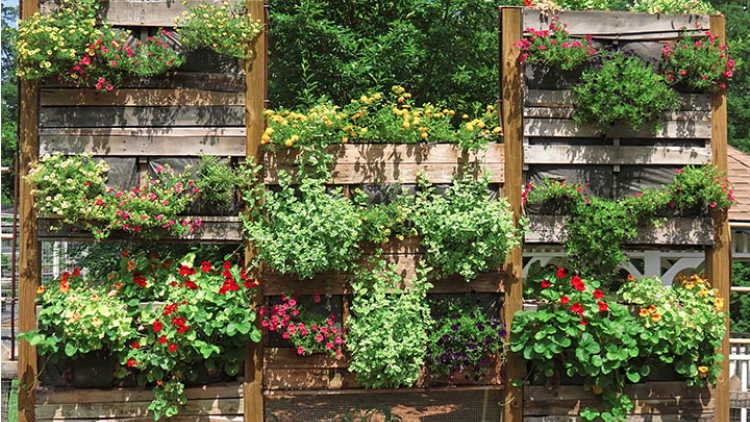Helpful Tips for Building Your Own Herb Garden
By Ethan A. Huff | Май 08, 2014

Spring is in the air, which means the sweet essences of flowering citrus, leafy greens and other fresh fare are soon to follow. But for some people, joining in on this bountiful chorus with their own vegetable or herb gardens might sound too intimidating, or they’re not exactly sure where to start. If this is you, the following tips will help simplify the learning curve and get you on track to reaping your own delightful harvest right from your own backyard.
Herbs are among the easiest garden plants to grow during the summertime because they typically perform their best with lots of sun exposure. They can also be grown densely in small spaces, which makes them a preferable option for people who live in condominiums or apartments, or who live on small lots. With just a few square feet, the average backyard grower can maintain a full array of herbs with a lot less effort than you might think.
Place your herb garden near your kitchen
If you have even a little bit of outdoor space, constructing an herb garden close to your kitchen will make it easy for you to access in a pinch. Whether it is a slim edge at the back wall of your house, a corner by the kitchen window or even just a few growing pots clustered together by the back door, even the smallest of backyard spaces can work.
Since they’re typically not as finicky as vegetables, flowers and fruits in terms of their required growing conditions, herbs are an excellent choice for the casual grower looking to spice things up in the kitchen. Just make sure to pick a spot that gets at least half a day of full sun, and plant the herbs that you plan to use the most.
Choose both annuals and perennials
Knowing which herbs grow continually year after year and which have to be planted annually is also important. Many of the most popular herbs, including basil, dill, cilantro and cumin, are annual, which means that they only grow during a single growing season. Perennial herbs like lavender, mint, oregano, rosemary, and thyme tend to live for several years.
“Annual plants grow for only one season and so must be planted each spring,” explains the National Gardening Association (NGA).
“Perennials live for several years. Their foliage dies back in the fall, but the roots overwinter and resume growth the following spring. And biennials grow for two years, growing foliage the first season, overwintering, then forming seeds and dying back at the end of the second season.”
Learn more: http://www.naturalnews.com/045015_helpful_tips_herbs_home_garden.html#ixzz314m0x8xA















